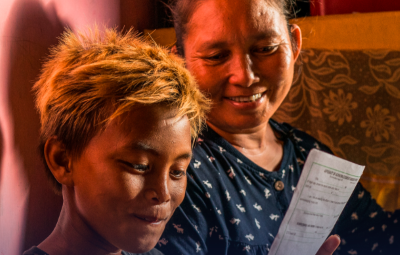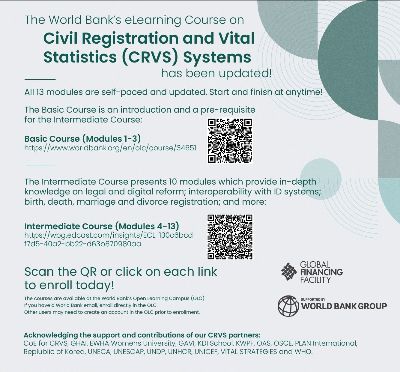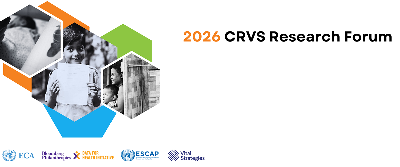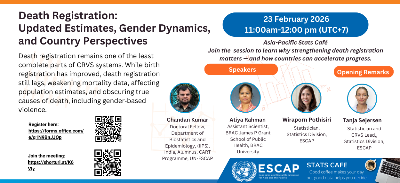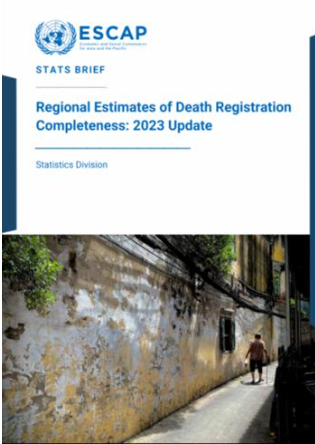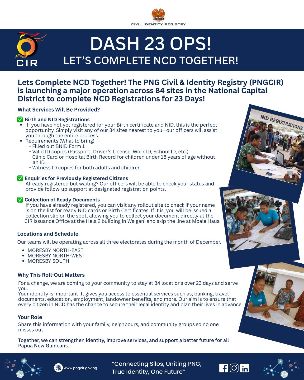Papua New Guinea's Prime Minister, James Marape, has commended Parliament for passing the Civil and Identity Registry Bill, which aims to create a comprehensive registry for births, deaths, marriages, and other vital records. This new law replaces the Civil Registration Act and is expected to significantly enhance the accuracy and efficiency of population data collection. Marape emphasized the importance of reliable identity information for effective government planning and service delivery, noting that accurate data is essential for addressing socioeconomic challenges and advancing the country's development agenda.
Furthermore, the Prime Minster highlighted that the new registry will help address issues such as border security, transnational crime, and law enforcement by providing better access to specific identity information. With improved identity records, the government aims to better manage public services, including education, healthcare, and financial processes, ultimately contributing to the social well-being of the population.
Read full article here.
Papua New Guinea has made significant progress in birth registration, increasing the number of processed birth certificates from 26,000 in 2023 to nearly 78,000 in 2024. UNICEF Papua New Guinea is working to improve birth registration across all 22 provinces. This includes providing mobile registration kits, training staff, and supporting the national CRVS committee.
Read UNICEF's blog post here.


